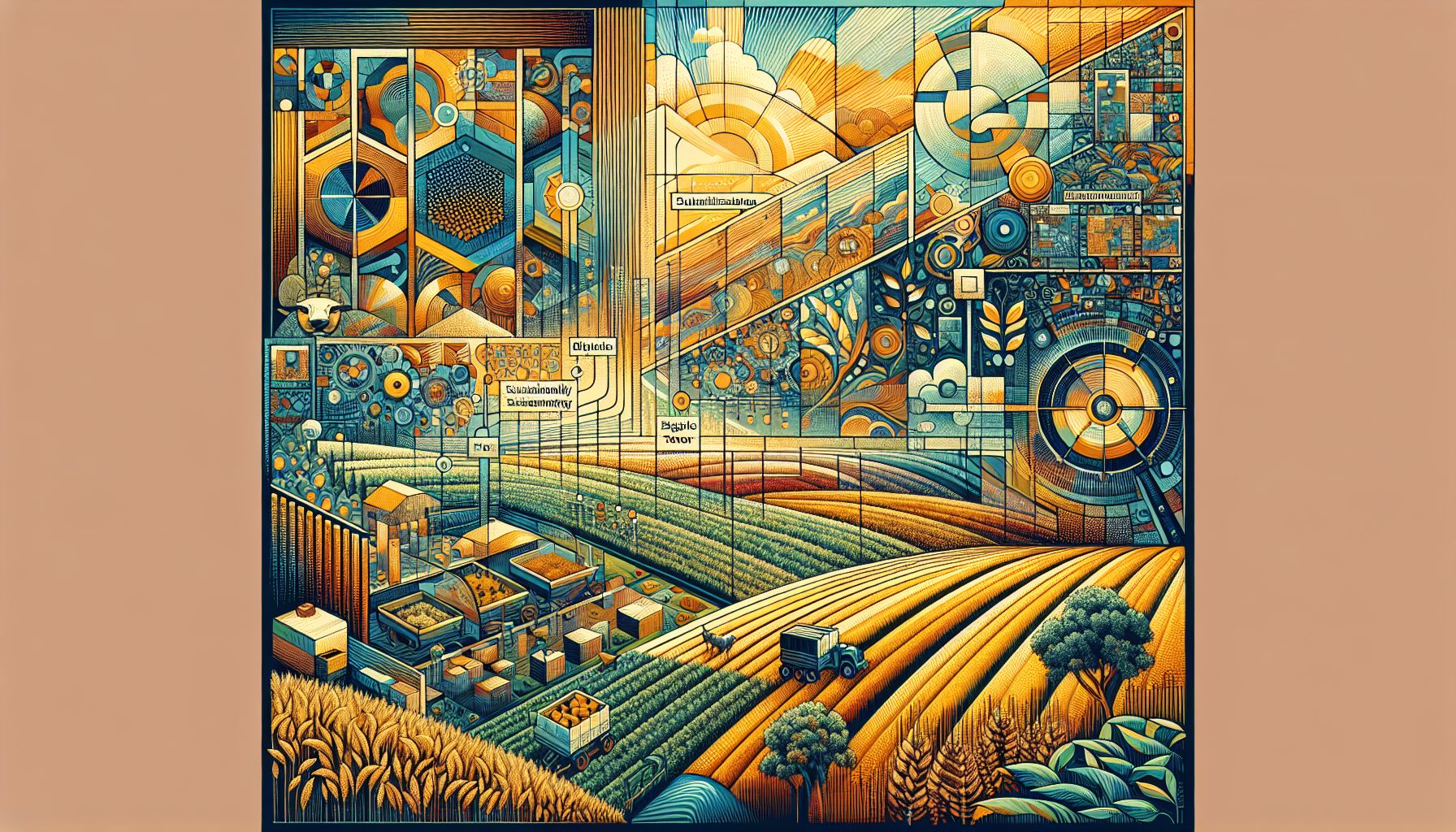FIELDS Project Addresses Skill Gaps in Agri-Food and Forestry Sectors

The FIELDS project, supported by Erasmus+ EU, successfully closed skill gaps in the agri-food and forestry sectors by focusing on sustainability, digitalization, and bioeconomy over four years.
Impact on Dutch Agriculture
The FIELDS project has significantly impacted Dutch agriculture by providing essential skills for future developments. With a focus on sustainability, digitalization, and bioeconomy, the project aimed to equip farmers, food industry staff, foresters, advisors, educators, and students with the necessary knowledge and skills to adapt to the evolving agricultural landscape[1].
Sustainability and Bioeconomy
FIELDS emphasized the importance of moving from traditional farming methods to sustainable practices. This transformation is crucial in addressing environmental concerns and climate change, which pose significant challenges to agricultural production. By incorporating bioeconomic principles, the project encouraged the use of renewable biological resources to create sustainable products and services, thus reducing dependency on fossil fuels and minimizing environmental impact[1].
Digital Advancements
Digitalization was another critical area of focus for the FIELDS project. Embracing digital tools and technologies, such as big data, remote sensing, and modeling, enables farmers to make informed decisions, optimize resource use, and improve productivity. The integration of digital advancements in agriculture supports precision farming, which enhances efficiency and reduces waste, contributing to more sustainable agricultural practices[1][2].
Collaboration and Training
The success of the FIELDS project was largely due to its collaborative approach. By partnering with various stakeholders, including educational institutions, research organizations, and industry experts, the project developed comprehensive training programs. These programs addressed the current and future skill needs in the agri-food and forestry sectors, ensuring that participants were well-equipped to tackle the challenges of modern agriculture[1].
Future Prospects
As the FIELDS project concludes, its legacy continues through the free training materials available online. These resources will remain accessible to anyone interested in exploring innovations in the bioeconomy, sustainable practices, and digital advancements in agriculture. The project’s contributions are expected to have a lasting impact, fostering a more resilient and sustainable agricultural sector in the Netherlands and beyond[1].

